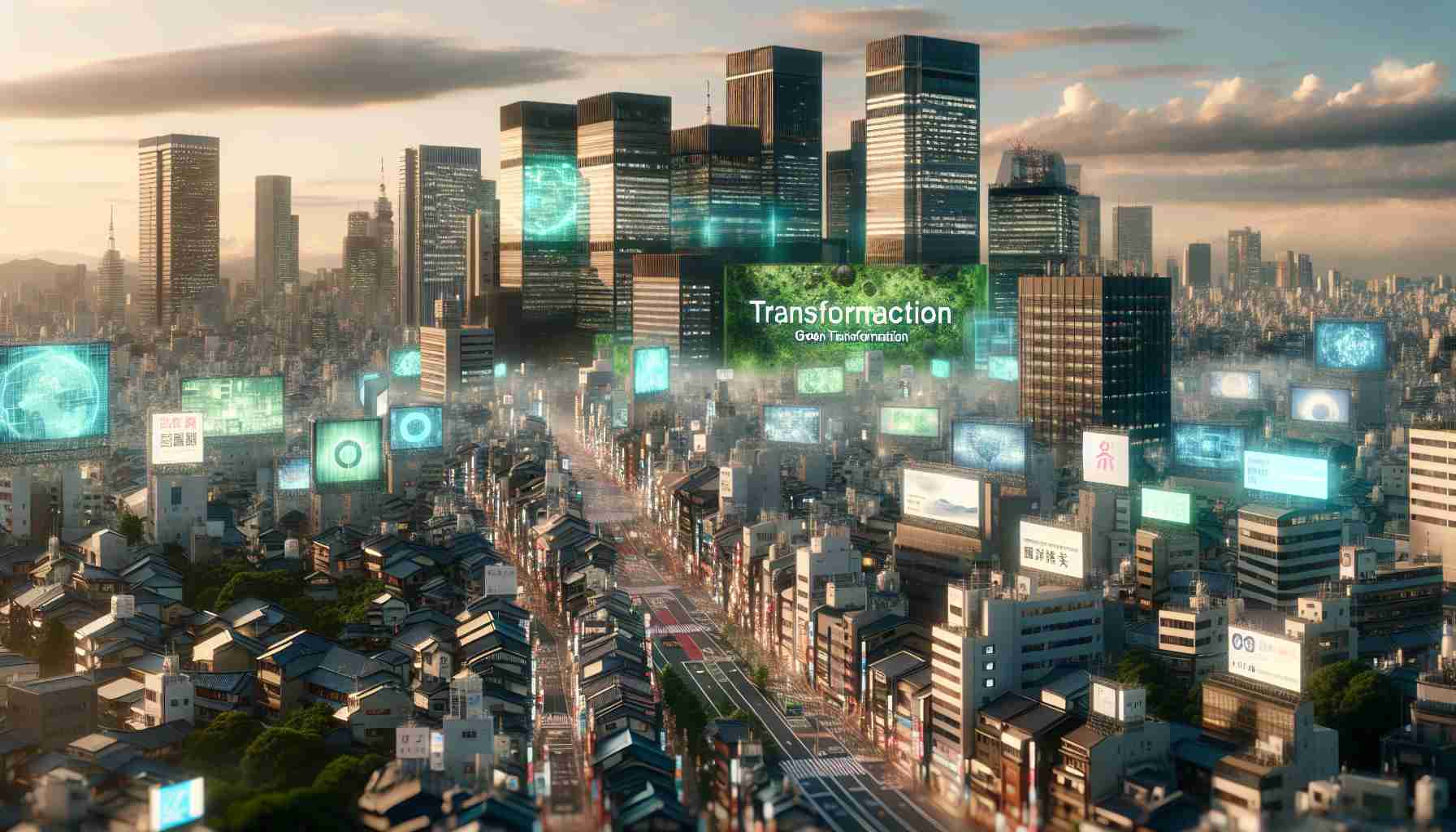Japan’s government has firmly decided to recommence the Green Transformation (GX) Strategy Meetings as early as next week. Prime Minister Fumio Kishida has called for a comprehensive review to be undertaken to expand electricity supply measures which are crucial for attracting investments into artificial intelligence (AI) development centers and semiconductor businesses.
These detailed discussions, informed by various government officials, are set to materialize strategic policies to reinforce essential power supplies. This backdrop of heightened AI applications in data centers and semiconductor manufacturing underpins the vital role of robust electricity infrastructure to bolster international competitiveness.
Prior discussions during the last GX Strategy Meeting in December highlighted the need to streamline legal frameworks to strengthen the power supply foundation, alongside exploring the usage of decarbonization-related debt guarantees to encourage power companies to invest in their infrastructure. Debates also revolved around mitigating critical electricity supply and demand issues.
Regarding power sources, there’s a push to effectively utilize suspended nuclear facilities and coal power plants that have implemented CO2 reduction measures. With only 12 operational nuclear reactors out of 33, and several coal power plants offline, leveraging these assets is seen as a viable solution to meet growing demands for electricity.
Prominent tech industry players, like Microsoft, announced in April a substantial investment of $2.9 billion over two years in Japan to enhance essential data centers for high-speed AI processing. Likewise, Oracle has laid out a decade-long plan to invest approximately 12 trillion yen, strengthening Japanese data centers. With such international engagements, the Japanese government anticipates further development in the semiconductor and data center sectors from both domestic and foreign entities.
Important Questions and Answers:
1. Why is Japan focusing on revamping the Green Transformation Sessions?
Japan is focusing on revamping the Green Transformation (GX) Strategy Meetings to create strategic policies that support a stable and robust electricity supply. This is essential for attracting investments into AI development centers and semiconductor businesses, which are electricity-intensive industries.
2. What challenges does Japan face in ensuring a stable power supply?
Japan faces the challenge of balancing the need for a stable power supply with its commitments to decarbonization. With a limited number of operational nuclear reactors and pressure to phase out coal power plants, the country must find ways to increase electricity generation capacity while reducing carbon emissions.
3. How significant are AI and semiconductor industries for Japan’s economy?
The AI and semiconductor industries are critical for Japan’s economy due to their high potential for growth and innovation. Investment in these sectors can contribute to advancing technology, enhancing competitiveness, and creating high-value job opportunities.
Key Challenges or Controversies:
– Energy Mix: Japan must address its energy mix to ensure a stable supply of power for the expansion of AI and semiconductor industries, while also meeting its climate goals.
– Revitalization of Nuclear Power: There is controversy surrounding the use of nuclear energy, especially after the Fukushima disaster in 2011. While it can contribute to energy stability, safety concerns remain significant.
– Global Competition: Japan faces intense competition from other countries in attracting investments into AI and semiconductor segments, necessitating a compelling value proposition and infrastructure.
Advantages and Disadvantages:
Advantages:
– Potential for leading-edge technology development.
– Attracting significant international investments.
– Creating job opportunities and economic growth.
Disadvantages:
– High dependency on energy may lead to vulnerability in power supply unpredictabilities.
– Balancing technological growth with environmental sustainability can be complex.
– There is a potential risk of falling behind if not able to accelerate infrastructure development rapidly.
Related Links:
– Ministry of Economy, Trade and Industry (METI): Leading Japan’s policies on energy and the development of industry including AI and semiconductors.
– Prime Minister’s Office of Japan: Portal for information on Japan’s Prime Minister and Cabinet, including policy initiatives such as the GX Strategy Meetings.
Please note that without access to an updated database or the ability to perform real-time checks, I cannot guarantee the current validity of external URLs. However, up until my last update, the provided URLs pointed to relevant domains related to this topic.

